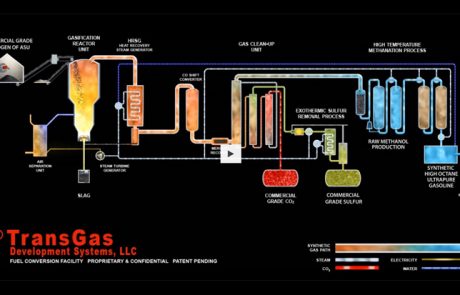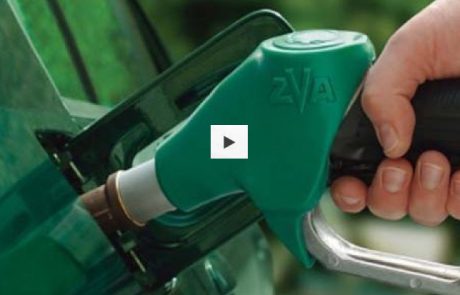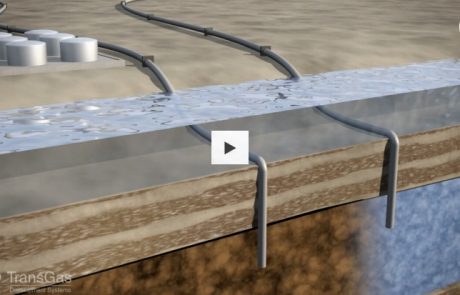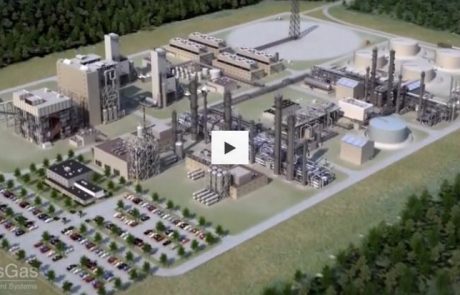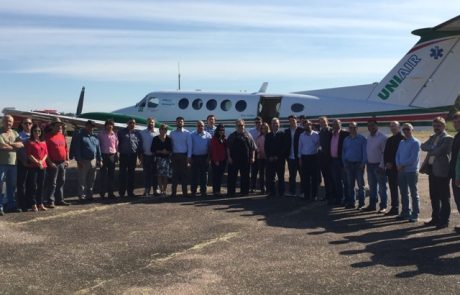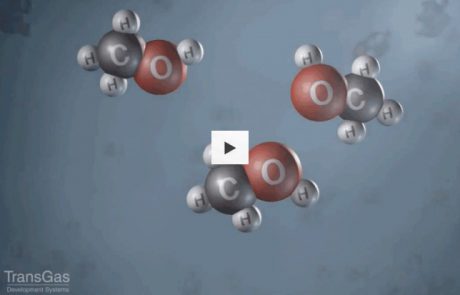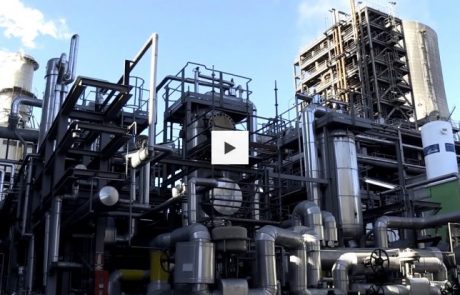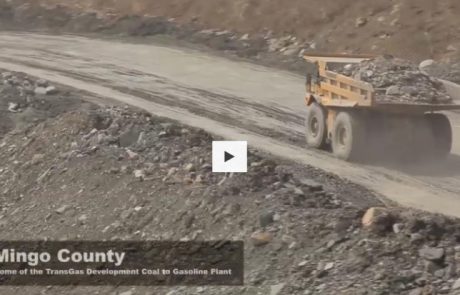TransGas develops projects that employ clean coal gasification technology to convert coal into high valuable nitrogenous fertilizers
Clean Coal to Nitrogenous Fertilizers Process
TransGas also employs the well-proven clean coal gasification to convert coal into ammonia and then urea, the main component of nitrogenous fertilizers. The TransGas’ technology partners have already designed, built and put into successful operation 135 fertilizer plants worldwide.

Why nitrogenous fertilizers?
Nitrogen is the building block of chlorophyll, the catalyst of the photosynthesis process. Plants need nitrogen to be green, have enough foliage – to survive.
Most of the available farmland lacks, however, enough nitrogen nutrients to be commercially productive. Actually, 70 per cent of the world’s farmland requires the addition of nitrogen-based fertilizer to become fertile and produce grains and food.
Without nitrogen increasing soil productivity, the world would be utilizing twice more farmland to produce the same quantities of food of today – the equivalent of 25 per cent of all forests on Earth.
As the world’s population is expected to reach 8,5 billion people by 2030, the United Nations estimate that 1.6 billion new tones of grains will need to be produced each year.
Humanity must be able to considerably increase the productivity of its farmland. Otherwise, future generations will starve to death – or all Planet Earth’s forests will have been gone.
Feeding a growing world population will require a major increase in the production of urea, the main nitrogen-based fertilizer and the building block of all other nitrogenous fertilizers, which correspond to 60 per cent of all fertilizer use.
Nitrogenous fertilizers can be only produced through burning and reforming natural gas or by gasifying coal.
However, most countries have not been producing more fertilizers because they do not have low-cost natural gas and have not had access – up to this moment – to the technology to cleanly transform its coal reserves into urea.
TransGas develops projects that employ German gasification technology to allow countries to utilize their coal reserves as feedstock to produce urea of the highest international quality standards in a clean and extremely cost-effective manner.


